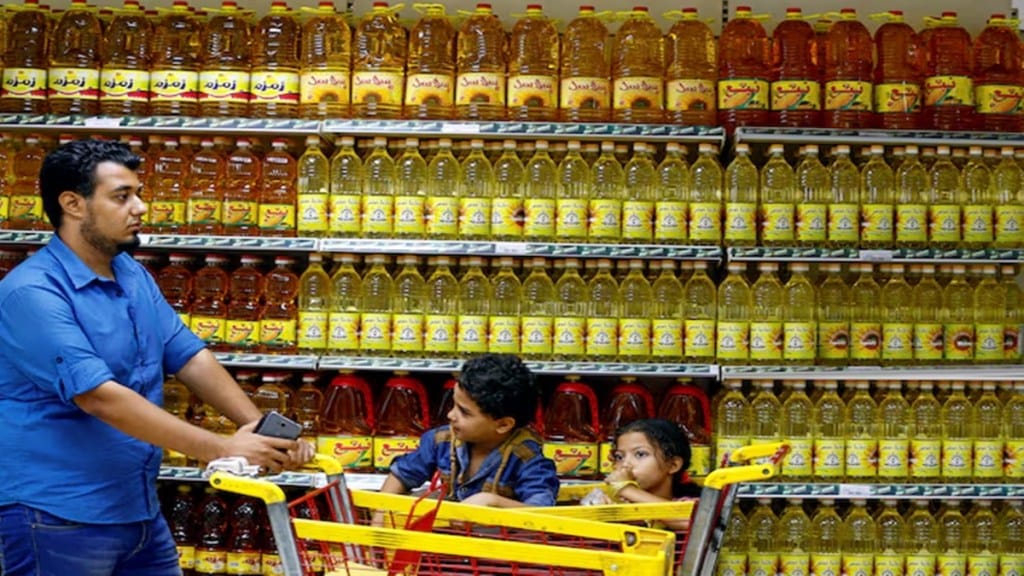With unusually high import of soybean oil via Nepal this year, the domestic edible oil industry has urged the government to restrict import through fixing a monthly quota regime, to curb the flow of cheap cooking oils.
“The government needs to impose some monthly quota for imports of edible oils from Nepal so that zero import duty under the South Asian Free Trade Area (SAFTA) is not abused,” BV Mehta, executive director, the Solvent Extractors’ Association of India (SEA), told FE. Mehta said due to duty free import of soybean oils, imported oils are selling atleast 10 to 15% below the prices offered by domestic processors.
Edible oil processors also urged the government to canalise the import through some of the government agencies including NAFED and NCCF to manage and regulate flow of refined oil from Nepal to India.
Imports from Nepal surged to 0.18 million tonne (MT) in January-March, 2025, exceeding 0.12 MT of imports recorded in 2024 calendar year, according to Indian Vegetable Oil Producers’ Association (IVPA). Nepal’s annual edible oil consumption is about 0.43 MT or 35,000 tonne per month and the country is a marginal producer of oilseeds.
“Oil produced from imported crude in Nepal is being re-routed to India without sufficient value addition, exploiting duty exemptions under SAFTA,” Sudhakar Desai, president, IVPA, has stated in a communication to the agriculture minister Shivraj Singh Chouhan.
Desai said duty-free imports undermine Indian refiners’ competitiveness and reduce demand for domestically produced oilseeds, impacting farmers’ incomes while incurring revenue losses to the government.
IVPA has noted that most of 2024’s imports arrived during October-December following India’s duty hikes, suggesting potential third-country routing through Nepal. “This growth, which is not backed by Nepal’s own oilseed production capacity, raises serious questions around the effective enforcement of Rules of Origin,” according to IVPA.
India imports about 57% of its edible oils consumption of 24-25 MT annually. India imports crude palm oils from Malaysia and Indonesia while soybean and sunflower oils are imported by Argentina, Brazil, Russia and Ukraine.
“What started as a trickle in the beginning has now assumed alarming proportions and is not only threatening the very survival of vegetable oil refining industry in eastern and northern India, it is harming the interest of oilseed farmers because of distorted market prices and while negating the very purpose of high import duties on edible oils imposed last year.,” Mehta of SEA said.
Since September 14, 2024 the government raised import duties on crude palm, soybean, and sunflower oils to 27.5% from 5.5%, while duties on refined edible oil rose to 35.75% from 13.75% aimed at boosting domestic production.
SEA has stated that SAFTA should be renegotiated in case of agro-commodities imports. Hence, the import of essential and sensitive agro-commodities like edible oils should be monitored very closely in consultation with stakeholders.

